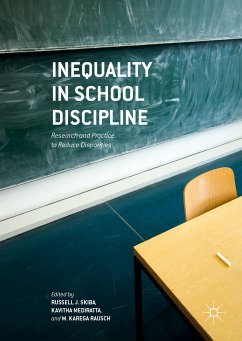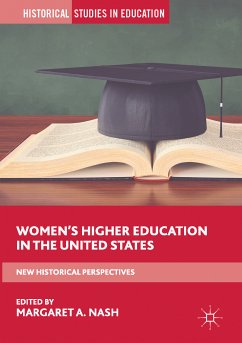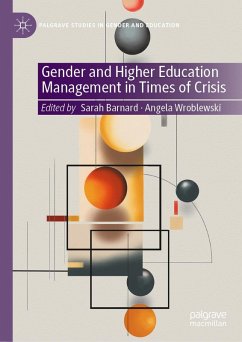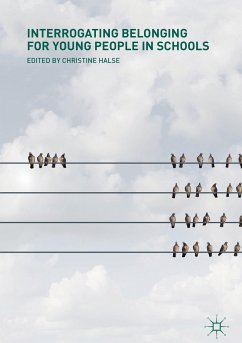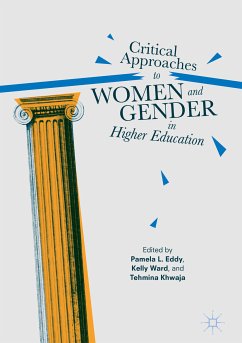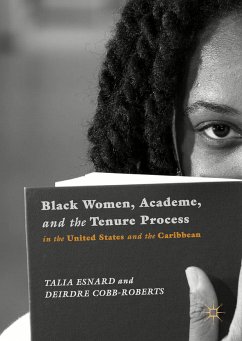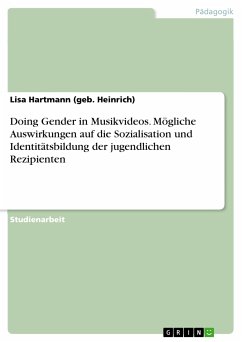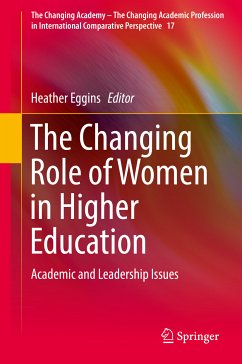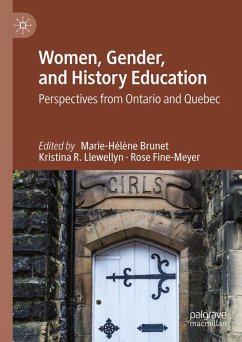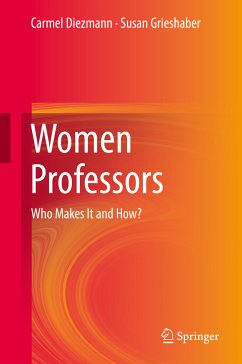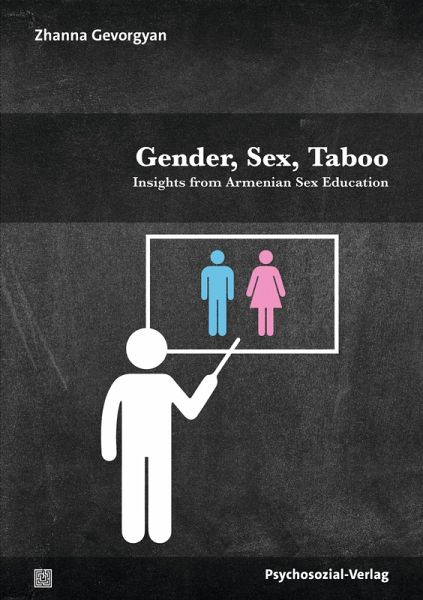
Gender, Sex, Taboo (eBook, PDF)
Insights from Armenian Sex Education
Versandkostenfrei!
Sofort per Download lieferbar
49,99 €
inkl. MwSt.
Weitere Ausgaben:

PAYBACK Punkte
0 °P sammeln!
In a world dominated by conventional gender norms, Gevorgyan promises a fresh take on gender-related discourses in a patriarchal society. Utilizing participant observation and the documentary method, she explores the discourse development surrounding sexuality and gender themes within mandatory sex education classes in Armenian public schools. The author highlights the disparity between societal gender norms and the curriculum's gender equality concepts. Unveiling the processes shaping gender knowledge during classroom discussions, she addresses the gap in analyzing Armenian sex education as w...
In a world dominated by conventional gender norms, Gevorgyan promises a fresh take on gender-related discourses in a patriarchal society. Utilizing participant observation and the documentary method, she explores the discourse development surrounding sexuality and gender themes within mandatory sex education classes in Armenian public schools. The author highlights the disparity between societal gender norms and the curriculum's gender equality concepts. Unveiling the processes shaping gender knowledge during classroom discussions, she addresses the gap in analyzing Armenian sex education as well es the broader lack of investigation into gender topics within sex education curricula. Her book informs educators, researchers, and policymakers about the complexities of gender-sensitive sexuality education and encourages the development of more effective educational approaches.
Dieser Download kann aus rechtlichen Gründen nur mit Rechnungsadresse in A, B, BG, CY, CZ, D, DK, EW, E, FIN, F, GR, HR, H, IRL, I, LT, L, LR, M, NL, PL, P, R, S, SLO, SK ausgeliefert werden.




